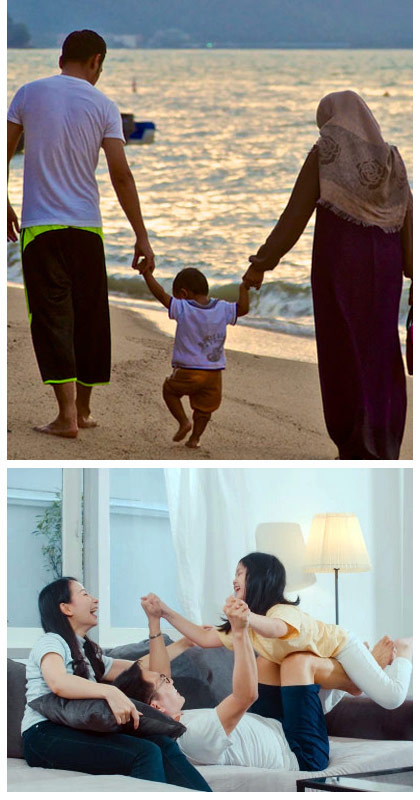Mindset Change
Objectives of Shared Parenting
9 Objectives of Shared Parenting
- The children feel that they have two properly involved parents.
- That one parent cannot dominate the lives of the children at the expense of the other or control the other parent via the children.
- The parents have broadly equal ‘moral authority in the children’s eyes and that the children have free access to both their parents if issues are affecting them.
- The children can share the lives of both their parents in the round’ – for example, not spending all ‘routine time’ with one parent and only ‘leisure time’ with the other.
- The parents are in a position of legal and moral equality and are considered in this light by the children and friends, neighbours, teachers, etc., and public authorities; this would apply to routine and significant matters.
- There is no part of the children’s lives, for example, their school life or having friends, that one parent is excluded from by virtue of the allocation of parenting time or the law on separation/divorce and children.
- The children are not by virtue of the allocation of parenting time excluded from any part of either parent’s life.
- The children spend enough time with both parents to negate any attempts at parental alienation.
- That the children do not develop stereotyped ideas from their parents about the roles of the sexes, for example, that a father’s role is chiefly financial and a ‘giver of treats’, and that mothers have responsibility for everything else.
Applying these criteria to particular families will be a matter of discussion and negotiation, considering the individual needs and wishes of the children and parents and the circumstances in question. As always, the needs of the child must be paramount.
Source: Family Need Fathers

